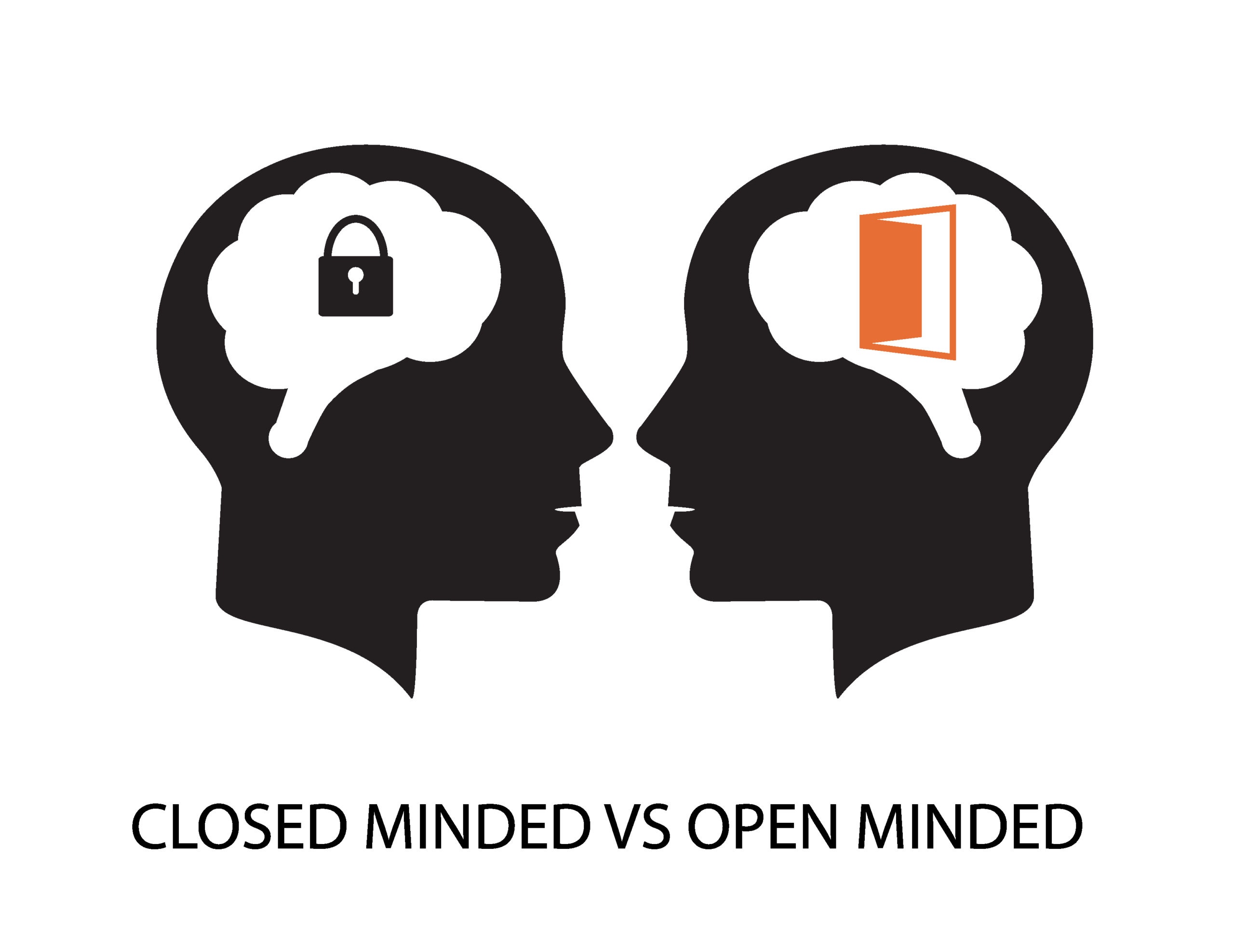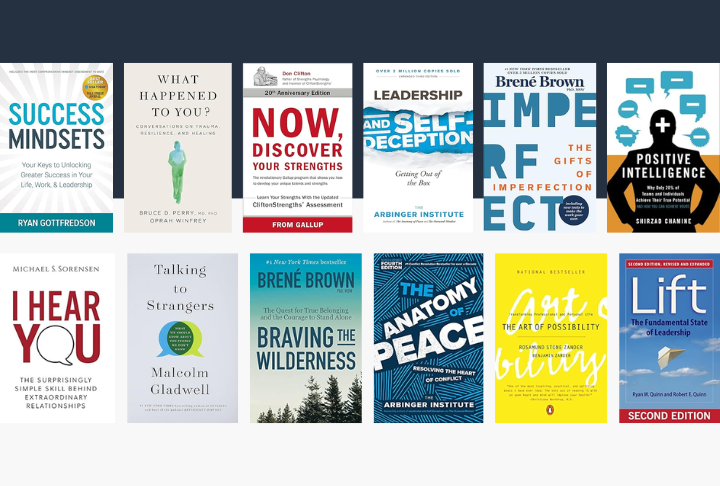I have a six-year-old son who is in speech therapy. I listened in to one of his sessions this week, where he worked on his “th” sound. He tends to do an “s” sound when the “th” sound is needed. So, instead of “tooth,” often it comes out as “toose.”
The whole point of speech therapy is to rewire the brain so that when we need to say a certain sound, different muscles are activated in the mouth and tongue to allow for that sound to come out.

Psychological Flexibility & Inflexibility
This is a helpful analogy for psychological flexibility.
In two prior posts on the topic (1 & 2), we defined psychological flexibility and inflexibility as:
- Psychological flexibility – Possessing the ability to fully contact the present moment and the thoughts and feelings it contains without needless defense, allowing for optimal adaptation to meet one’s personal needs as well as the needs of the situation
- Psychological inflexibility – Holding a rigid dominance on psychological reactions over chosen value as a form of avoiding unwanted internal events (i.e., self-protection)
This is important to understand because when we are psychologically inflexible, we operate at a lower level and altitude of mental maturity, with the result being less effective processing.
Let me give you an example.
Example: Constructive Criticism

Constructive criticism is psychologically tricky because it is a situation where we are supposed to be “good” with being told that we are “bad.”
If we are psychologically inflexible, we will likely react defensively, and either dwell on the situation longer than we should or avoid the situation and the feelings that come with it altogether. This will leave us either stuck in a negative and debilitating thought pattern or unwilling to sit with the feedback provided. Either way, our psychological inflexibility will not allow us to learn and grow from the constructive criticism.
This may feel normal and even good, just like how my son likely feels when he says the “s” sound when the “th” sound is needed.
Enhancing Our Psychological Flexibility

In order for us to enhance our psychological flexibility so we can more effectively navigate the situations we encounter, we need to rewire our brain similar to how my son is doing that in speech therapy: guided practice.
This is best done through a focus on mindsets.
Our mindsets are the neural connections in our mind that dictate how we process information and correspondingly operate. If our mindsets are negative, we will be more psychologically inflexible; but if our mindsets are positive, we will be more psychologically flexible.
Let’s explore some examples.
Fixed and Growth Mindsets
How do you respond to failure?
If you have a fixed mindset, you will see it as a signal of your worth and inflexibly get stuck in a negative thought pattern (e.g., “how could I have done that, I look so stupid”) or detach from that feeling altogether (“But, I am really good at X, Y, & Z, so I shouldn’t even try to do this”).
But, if you have a growth mindset, you will be more willing to sit with the undesired experience, not give it too much weight, connect with it, and seek to learn from it.

Closed and Open Mindsets
How do you respond to someone disagreeing with a strongly held belief?
If you have a closed mindset, you will inflexibly see it as a challenge and either get defensive or detach from the situation.

If you have an open mindset, you will be more willing to acknowledge the uncomfortable feelings that arise and seek to explore what might have led them to believe differently from you, and maybe even explore whether or not you should continue to hold onto this strongly held belief.
Prevention and Promotion Mindsets
How do you respond to situations where you are invited to try something new and uncomfortable?
If you have a prevention mindset, you will inflexibly focus on all of the problems that could occur, and you will devote your mental processing toward avoiding those problems.
If you have a promotion mindset, you will be able to flexibly focus on how this opportunity might help get you closer to your goals. You won’t dwell on what might go wrong. Instead, you will focus on what you can do to make the most from the experience.

Inward and Outward Mindsets
How do you respond to seeing a homeless person asking for assistance?

If you have an inward mindset, you will inflexibly see them in a critical way. You likely carry the inflexible belief that they are all the same and should all be treated similarly. And, this will likely involve you seeing them more as an object than as a person.
If you have an outward mindset, you flexibly recognize that every homeless person is different. They each have their own story that likely is rooted in a traumatic childhood where they were a victim. This will likely involve you seeing them more as a person than as an object, allowing the opportunity for you to individualize your response to the specific needs of that individual.
Our Reality
Just because we have come to see the world in a certain way (say our “th’s” as “s’s”), doesn’t mean that we are seeing our world in the best, most psychologically flexible and mentally mature way.
If we are not seeing the world in the best way, we need to rewire our brain, just like my son is in speech therapy. We need to focus on developing and improving our mindsets so that when a tricky or difficult situation arises (when we need to say the “th” sound), we can respond in a healthy and psychologically flexible way (actually say the “th” sound instead of the “s” sound).
If you want to assess how psychologically flexible you are, here are two resources:










